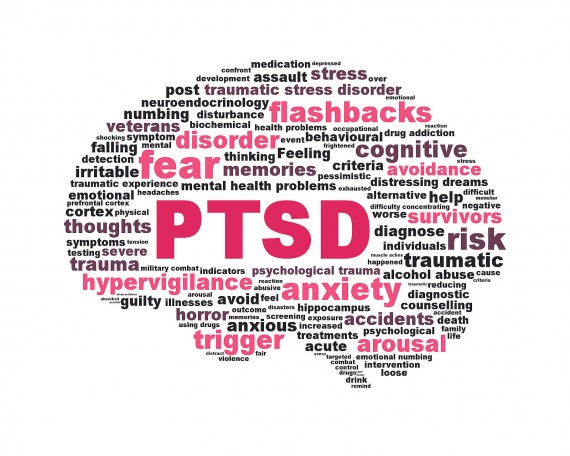
By Aisling O’Connor
Post-traumatic stress disorder (PTSD), like the name suggests, can be caused after a traumatic experience and leaves the sufferer with high anxiety afterwards. It can be caused prior to experiencing incidents such as assault, being mugged, life threatening situations, sexual assault, accidents, car crashes and witnessing natural disasters. It is highly common in army veterans but anyone can suffer from PTSD. Symptoms include anxiety, depression, panic attacks, irritability, out bursts of anger, always feeling “on guard”, nightmares, insomnia, flashbacks, and numbness.
Treatment:
- Meditation: Whether it’s an at home practice or in a class, meditation is great for reducing stress and calming one down. UL’s Mindfulness sessions have guided mediations so are highly recommended to anyone who needs them – even if you don’t suffer with PTSD. They take place in MC2004 (Millstream building) from 10-11am Mondays and 2:00-3:00pm on Wednesdays, and there are Relaxation Classes from 13:00-14:00pm on Mondays and Fridays.
- Therapy: various types of therapy are recommended. Cognitive, or talk, therapy not only allows one to vent but also helps recognise thinking patterns and suggests alternative ways of thinking to combat the PTSD. Exposure therapy allows one to face their fears in a safe environment and teaches one how to cope with these situations in the best way possible. An example being virtual relative programmes which allow one to re-enter the initial traumatic experience. Eye movement desensitization and reprocessing (EMDR), this sounds like it’s quite a mouthful, it’s similar to exposure therapy but features guided eye movements that help to process traumatic memories and change reactions to them
- Medications such as antidepressants and anti-anxiety medicines.
- Regulating sleep patterns, by going to bed and getting up at the same time. Avoid caffeine after 6pm and exercising before bed as this tricks the body into thinking it’s the middle of the day. Before trying sleeping pills, as they are notoriously addictive, herbal remedies are recommended such as camomile and sleep teas, and lavender essential oils.
![]()


